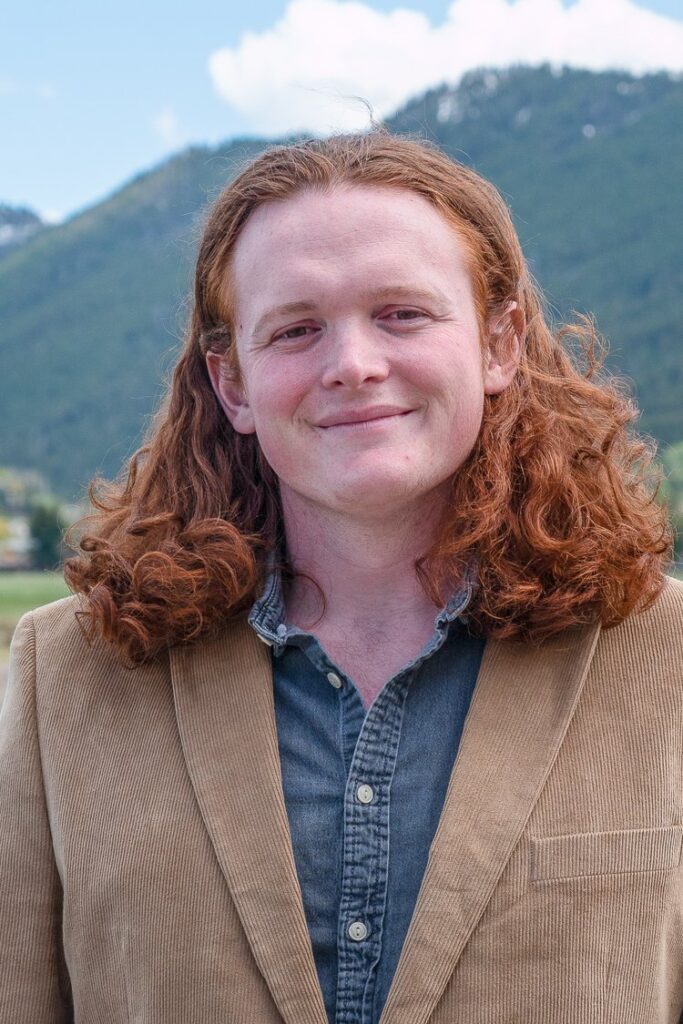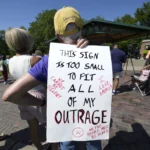Summer 2022 Intern: Nicholas Espenan
- Published In: Other News & Features
- Last Updated: Jun 14, 2022

My story begins in 2010 in the Gulf of Mexico when 205 million gallons of oil spilled from the Deepwater Horizon oil rig off the coast of Louisiana. With a swift force and mighty hand, the oil engulfed the beaches and swamplands where I grew up. The massive spread of oil made the swamps uninhabitable for the wildlife population, causing a complete collapse of the ecosystem. Most of my extended family resides near the Louisiana coastline, and their communities suffered tremendously. Despite being born and raised in Houston, I, too, felt the brutal deterioration of the marshlands’ ecosystems. My family and I could no longer fish in the canals of the Louisiana swamps due to the pollution, and we could no longer swim at our favorite beaches along the Gulf Coast. However, the biggest damage, as I would later come to realize, was to the wildlife and fishing communities of Louisiana. The Gulf Coast fishing industry was completely deteriorated, and massive populations of wildlife were infected with oil contaminants.
Being only 15 at the time, I could not comprehend the entirety of the ecological effects that the disaster would cause to the greater ecosystems of Louisiana. Even so, this horrific tragedy instilled in me a passion to save the environment and advance conservation accountability. My father, who works in the environmental health and safety sector, explained the importance of safety and accountability for significant polluters. This inspired me, at a young age, to begin researching environmental advocacy to keep polluters in check and protect high-risk communities, such as those affected by the Deepwater Horizon spill.
After graduating from Strake Jesuit College Preparatory in Houston, Texas, I earned a degree in Communication and Journalism from St. Edward’s University in Austin, Texas. As a video journalist for the school paper, The Hilltop Views, I focused on environmental injustice stories. I covered aquifer protection and endangered species throughout the state, and in one project, I examined the importance of protecting the Edwards Aquifer recharge area in the hill country west of San Antonio. Additionally, I reported on the plight of numerous threatened wildlife species in Texas, including the Barton Springs Blind Salamander.
In 2020, I enrolled in the University of Wyoming College of Law’s dual Juris Doctor and Master of Arts in Environment and Natural Resource program at the Haub School of Environment and Natural Resource. Following my first year of law school, I spent a summer as a research associate for the WaterNow Alliance, a nonprofit based in San Francisco that focuses on advancing sustainable, affordable, equitable and climate-resilient water strategies in communities across the United States. Through this position, I learned about the importance of proper water management and conservation in the West—something I had never considered while growing up in the humid south—and gained a deeper understanding of the benefits of river and aquifer protection. For example, Wyoming is the headwaters state of four river basins: the Missouri-Mississippi, Green-Colorado, Snake-Columbia and Great Salt Lake. Approximately 70 million people depend on those river basins for their clean drinking water. Wyoming’s influence and use of those river basins must be protected and regulated appropriately.
During my second year of law school, I began my thesis research on the legal implications and regulations necessary for the up-and-coming voluntary carbon market. My master’s coursework synthesized the importance of environmental responsibility and emission accountability, as well as an understanding of interdisciplinary knowledge in the natural resource sector. My thesis research on environmental accountability led me to the intersection of environmental injustice and social injustice.
While researching social justice advocacy groups in Wyoming, I stumbled upon the Wyoming Truth and was inspired by its mission of “helping the community and fighting for the rights of local citizens.” I believe that every person should not only have the right to be heard, but also that we should do everything possible to give a voice to the voiceless. Wildlife does not have a voice to be heard but rather a future to be preserved. I am thrilled to work as an intern for theWyoming Truth and look forward to raising awareness of the environmental injustices that impact both the wildlife and citizens of Wyoming. May they never experience the traumatic effects of an environmental disaster like the Deepwater Horizon oil spill in 2010.













